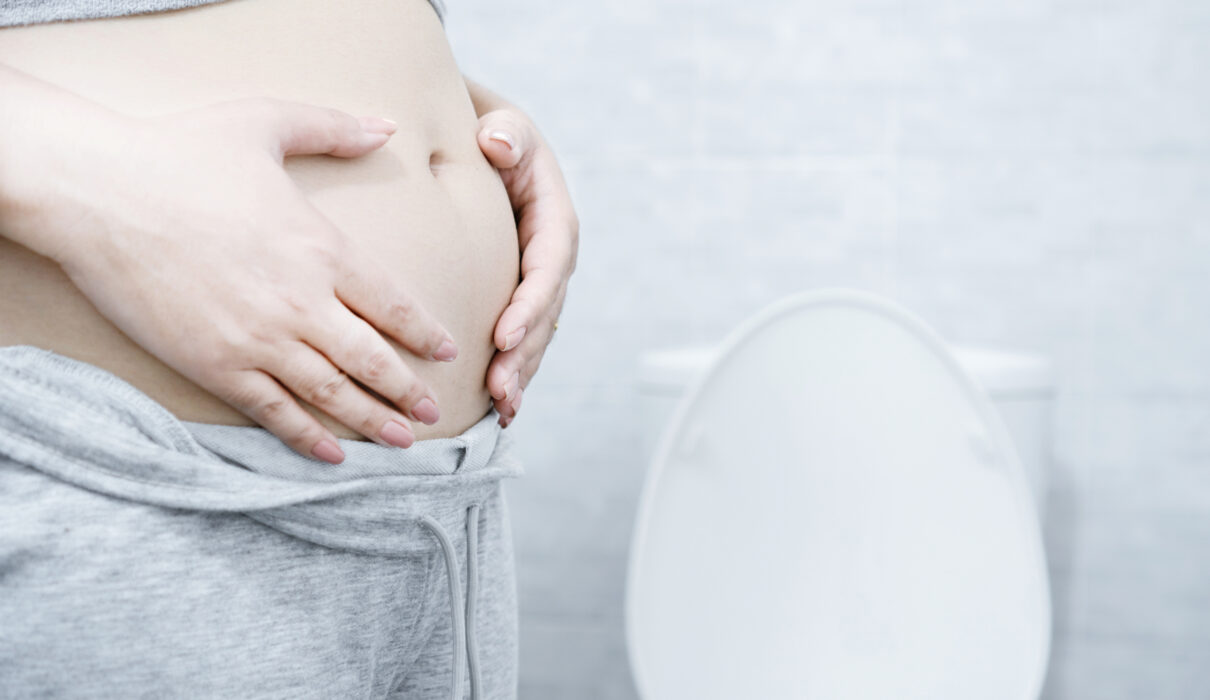Haemorrhoids are an unpleasant reality for many people. But during pregnancy, they become especially common, affecting up to half of all expecting mothers. While not a serious health risk, haemorrhoids can cause significant discomfort and interfere with your daily life. The good news is, there are ways to prevent, soothe, and get haemorrhoids treatment throughout your pregnancy. Here’s some insight from a leading female surgeon experienced in haemorrhoid removal.
Why Are Pregnant Women More Prone to Haemorrhoids?
Several factors contribute to the increased risk of haemorrhoids during pregnancy:
- Increased Blood Volume: Pregnancy leads to a significant increase in blood volume. This extra blood flow puts pressure on the veins throughout your body, including those in your rectum and anus, causing them to swell.
- Enlarging Uterus: As your baby grows, your uterus puts pressure on the veins in your lower abdomen and pelvis. This pressure can also contribute to haemorrhoid development.
- Hormonal Changes: Pregnancy hormones, particularly progesterone, relax the smooth muscle tissue in your body. This relaxation can weaken the walls of your veins, making them more susceptible to swelling.
- Straining During Bowel Movements: Constipation is another common pregnancy woe. Straining to pass stool can put additional pressure on your rectal veins, leading to or worsening haemorrhoids.
Signs and Symptoms of Haemorrhoids During Pregnancy
The most common symptoms of haemorrhoids during pregnancy include:
- Pain or burning sensation in the anal area
- Bleeding during bowel movements, typically bright red blood on toilet paper
- Itching around the anus
- Swelling around the anus
- A feeling of fullness in the rectum, even after a bowel movement
- A lump near the anus (in the case of external haemorrhoids)
Preventing Haemorrhoids During Pregnancy
While you can’t completely eliminate your risk of haemorrhoids, there are several lifestyle changes you can make to help prevent them:
- Diet: Focus on a high-fibre diet to keep your digestive system moving smoothly. Aim for 25-35 grams of fibre daily by consuming plenty of fruits, vegetables, and whole grains. Fiber helps soften stool, making it easier to pass and reducing the need for straining.
- Fluids: Stay well-hydrated throughout the day by drinking plenty of water and other fluids. Adequate hydration keeps stool soft and prevents constipation.
- Exercise: Regular exercise, with your doctor’s approval, can improve circulation and reduce pressure on your pelvic veins. Walking, swimming, and prenatal yoga are all excellent options.
- Avoid Sitting for Long Periods: Sitting for extended periods puts pressure on your haemorrhoids. Get up and move around every 30 minutes or so.
Haemorrhoids Treatment During Pregnancy
If you do develop haemorrhoids, there are safe and effective ways to manage the discomfort:
- Sitz Baths: Soak in a warm sitz bath (a shallow bath focusing on your hips and buttocks) for 10-15 minutes, several times a day. The warm water can help soothe pain and itching.
- Cold Compress: Apply a cold compress to the affected area for short periods (10-minute intervals) to reduce swelling and discomfort.
- Over-the-counter pain relievers: Consult with your doctor about safe pain relievers, such as acetaminophen, to manage pain.
- Stool Softeners: If you experience constipation, your doctor might recommend safe stool softeners during pregnancy.
What to Avoid:
- Straining During Bowel Movements: Relax, and don’t force a bowel movement. If you’re having trouble, consider using a stool softener as recommended by your doctor.
- Spicy Foods: Spicy foods can irritate haemorrhoids and worsen discomfort.
- Straining: Avoid lifting heavy objects or activities that require straining, which can put additional pressure on your pelvic veins.
When to See Your Doctor for Haemorrhoids Treatment or Haemorrhoids Removal
While most haemorrhoids are uncomfortable but not serious, it’s essential to talk to your doctor (if you feel more comfortable with another woman, you can request a female surgeon) if you experience any of the following:
- Severe pain or bleeding
- Difficulty controlling bowel movements
- Haemorrhoids that don’t improve with home treatment
Your doctor can perform a physical exam to diagnose haemorrhoids and rule out other potential causes of your symptoms. Depending on the severity, they can recommend additional treatment options, including topical creams or minimally invasive procedures.
Haemorrhoids during pregnancy are common, but they don’t have to be a source of stress or discomfort. By understanding the causes, implementing preventative measures, and seeking treatment when needed, you can manage your haemorrhoids and enjoy a comfortable pregnancy without needing haemorrhoids removal. Remember, communication with your doctor is key throughout this process. If you need more specialised haemorrhoids treatment, speak to Dr Naseem – a leading female surgeon – about haemorrhoids removal.


